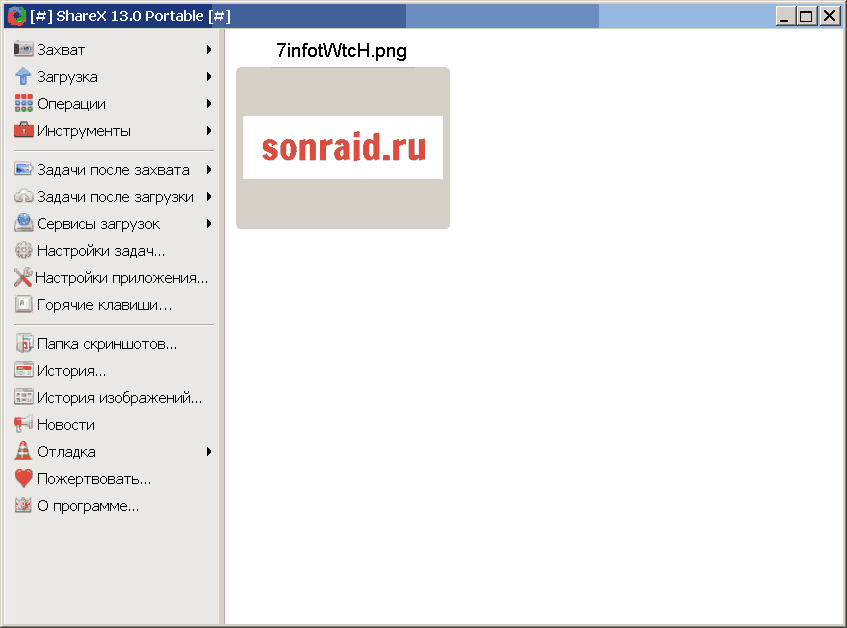BlockIt 2.33 Crack Full Product Key (2022)
- herpugarrele
- May 18, 2022
- 3 min read

BlockIt 2.33 With Registration Code Download [Mac/Win] BlockIt Crack Free Download Examples: A: So as far as I know, cmake has already built-in functions for creating macros and predicates. I've never heard of a simple text-based pre-processing tool for C++, but here's a proposal: tokenize the input and make a lexer build a parse tree delete all tokens from the parse tree that correspond to your comments replace occurrences of quoted tokens by the value of a variable. See for an implementation of a tokenizer, parser, lexer and a converter. Here are some code samples: tokenization You can have a token for every combination of a #define, #include and a comment in your pre-processing file. #define STRING "This is a string literal" #define STRING_HERE \n "This is the string literal right here" In your token class, you can set this variable to a constant string for every token you want to declare. tokenClass.h #ifndef TOKENCLASS_H #define TOKENCLASS_H #include class TokenClass { public: TokenClass(std::string var) { this->var = var; } std::string getVariable() { return var; } private: std::string var; }; #endif // TOKENCLASS_H and usage tokenClass.cpp #include #include "tokenClass.h" int main() { std::ifstream in("text.h"); TokenClass string("STRING"); TokenClass here("STRING_HERE"); while (in) { in.get(); if (in.peek() == '"' || in.peek() == ''') { std::istream &reader = in; BlockIt 2.33 Crack + Free Keywords: I/O: Other: Here is a toy example that illustrates some of the features of the class: >>> import blockit 1a423ce670 BlockIt 2.33 Keygen For (LifeTime) =========== A few descriptive notes on the overall implementation: There is a GUI for this. Basically, the user is shown a master list of all the blocks on the program at a given point, their dependencies on each other, the code in those blocks, etc. As the user moves blocks around, this information updates. It's designed to allow you to find blocks in the program, or delete blocks and all their dependencies. When a program is first loaded, it is converted into a skeleton by the parser, and each block is statically defined as being a block of one particular type. (For now, each block is either a Classifier or a block of global variables and functions.) After that, blocks can be dynamically added and removed, their dependencies moved around, etc. In all cases, however, the block type of each block is checked to ensure that the block is actually a block of the type you specified. At some point, any block containing the "var" keyword will automatically replace the preceding statement with the list of variables defined in that block. It will then expand out that list into a list of expressions that are evaluated as locals, and the resulting list of variables is used as the values for the var. Other blocks simply set the values they were given at the point of definition. Implementation: ============== This is the lowest level, most basic part of the framework. It's pretty simple, and probably doesn't need a whole lot of explanation. Basically, what we do is: We have a class that defines the interface for block definitions. That definition is parsed by the parser into a list of symbols and locations in the program. When we encounter those, we place them in a symbol table so we can look them up later. When we encounter a 'class' statement, we look up the class in the What's New in the? System Requirements For BlockIt: OS: Windows 7 or newer (we recommend 8.1) Processor: Dual core or higher processor Memory: 2 GB RAM Graphics: 1 GB VRAM Sound Card: DirectX 11 Hard Drive: 25 GB available space Internet connection: Broadband Internet connection is recommended for best performance. Internet Explorer 11 Have fun! Changes in 11.1.0.18060: • Added: New map “Sandstorm Valley.” A snowy valley within a mountain range, with a
Related links:




Comments